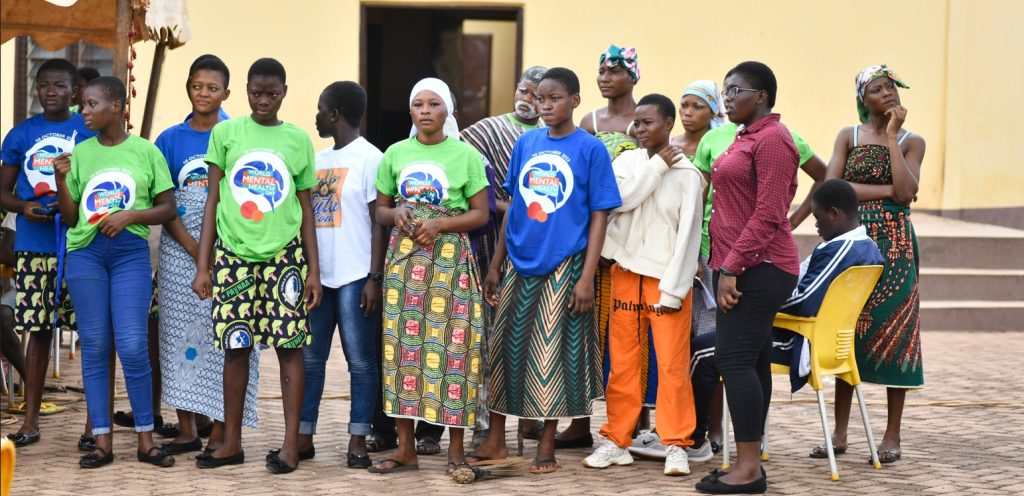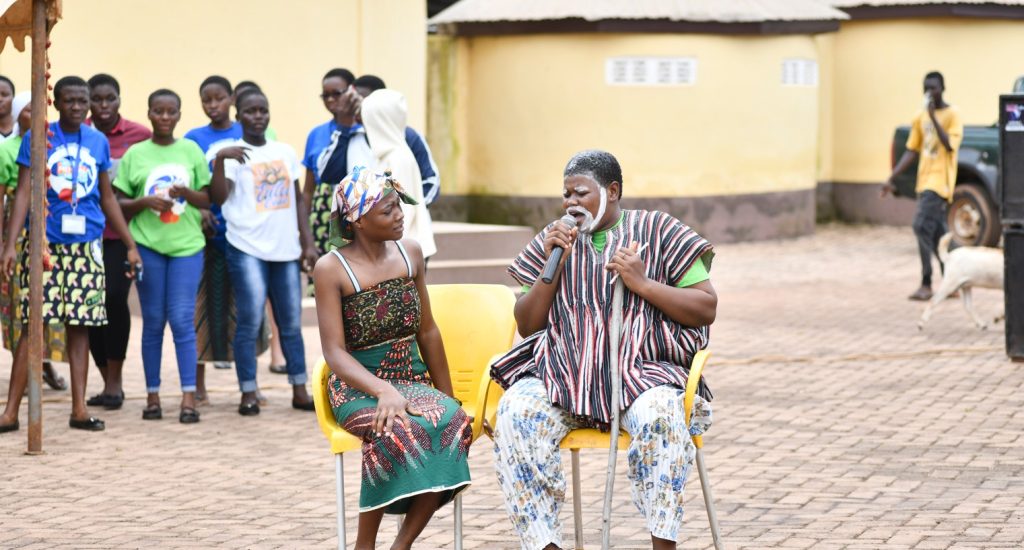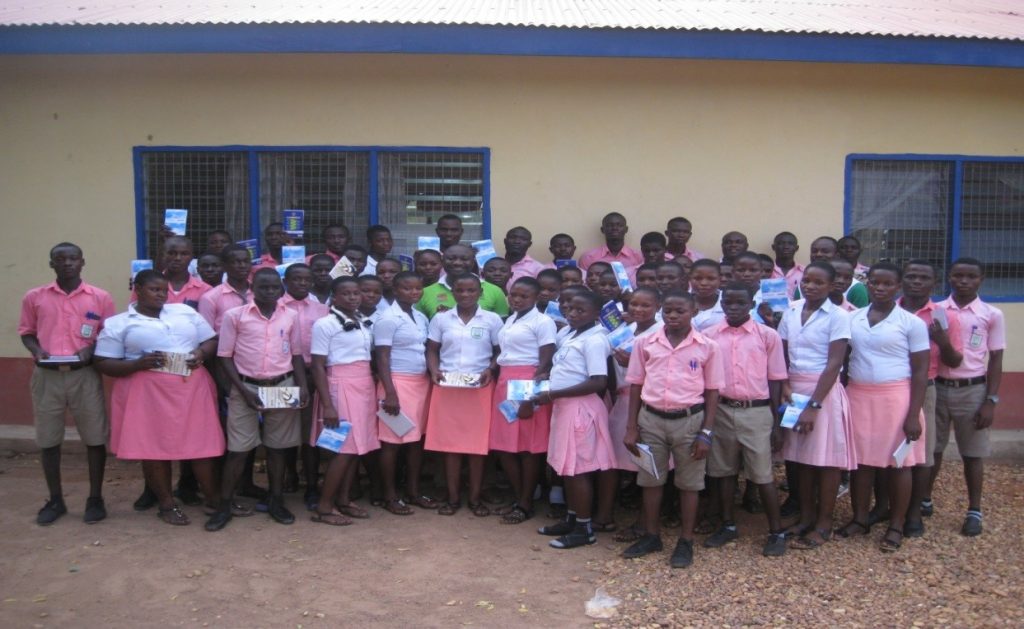In a bid to improve mental health services and promote the well-being of women and youth, BasicNeeds Ghana embarked on a project entitled “Strengthening Community Mental Health Services to Improve Gender, Youth, and Women Mental Health in Ghana.” This initiative, funded by the Department for International Development (DFID) of the United Kingdom, was implemented over a span of 18 months. The project sought to address the mental health challenges faced by these vulnerable groups, whose circumstances often hinder active participation in community development.
The objective of the project was to enhance mental health services for women and youth in Ghana through a multifaceted approach. It combined service delivery, capacity strengthening, behavior change communication, and user-led advocacy to achieve its intended outcomes. The project focused on creating a supportive environment where mental health issues, particularly those concerning women and youth, could be openly discussed, stigma reduced, and inclusive policies enacted. A critical aspect of the initiative was the formation of school-based mental health clubs, which served as platforms for raising awareness, advocating for stigma reduction, and promoting acceptance of individuals with mental illness and epilepsy.
The project spanned 20 districts across four administrative regions including; Northern, Upper East, Upper West, and Volta, working within communities often underserved by mental health services. The districts reached included Tamale Metropolis, Savelugu Nanton, Karaga, West Mamprusi, West Gonja, East Gonja, Saboba, Chereponi, Bolgatanga Municipal, Wa Municipal, Nadowli, Lawra, Jirapa, Wa West, Sissala East, Nkwanta North, Nkwanta South, Krachi East, Krachi West, and Krachi Nchumuru. These regions were carefully selected due to the high mental health needs of their populations.

One of the key outcomes of the project was the enhanced capacity of community health workers to provide mental health services. Over 50 community health workers received specialized training on mental health, with a focus on common mental disorders and epilepsy.
A major success was the creation of 95 school-based mental health clubs across 36 senior high schools and 59 junior high schools in the target regions. With over 6,860 students and pupils involved, these clubs acted as vehicles for spreading awareness about mental health and fighting stigma.
The project also had a significant impact on civil society organizations (CSOs) and women’s groups. Over 180 CSO members received training on selected mental health topics, empowering them to integrate mental health considerations into their ongoing activities.
Additionally, the project successfully increased health-seeking behaviour among students and the general public. A total of 1,208 individuals with mental illness or epilepsy benefited from outreach services provided by specialist psychiatrists. In addition, 262 students were screened for mental health issues, with 85 diagnosed and subsequently provided with treatment.

Through various community-based activities, including durbars, drama performances, and debates, the project worked to reduce stigma and discrimination against people with mental illness and epilepsy.
The success of the project is largely attributed to the collaboration and support of key stakeholders, including regional and district education and health directors, traditional rulers, NGOs, CBOs, mental health staff, human rights advocates, teachers, and law enforcement agencies.
Through this innovative and comprehensive approach, BasicNeeds-Ghana has successfully empowered communities to better understand and address mental health issues, particularly among women and youth. By providing training, raising awareness, and fostering advocacy, the project has made a lasting impact on the lives of many individuals and communities, paving the way for a more inclusive and compassionate society where mental health stigma is declining.
Credit: Kumbelim Kingsley
Programme Officer
BasiNeeds-Ghana


